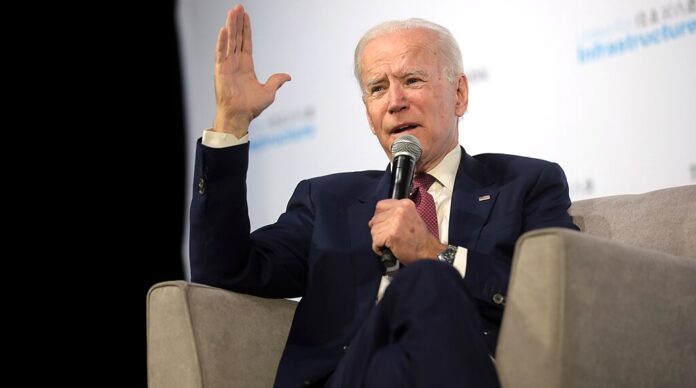Amidst debates on environmental and economic impact, The White House considers special powers to address climate change
The Biden White House is reportedly revisiting the idea of declaring a national climate emergency, a move that would enable the administration to exercise special executive powers to address climate issues. This consideration comes amid pressures from various stakeholders looking to intensify efforts against climate change.
Steve Forbes, chairman of Forbes Media, has openly criticized the potential declaration, labelling it a “cowardly way to try to win this election.” He argues that such a decision could have detrimental effects on the American economy by hindering domestic energy production.
The National Emergencies Act (NEA) provides the legal framework for such a declaration. Historically, this act has enabled presidents to activate a range of executive powers in response to crises. These powers can affect various sectors, including the military, health, agriculture, and more. Notably, the act does not require that the powers invoked directly relate to the emergency’s nature, adding a layer of flexibility—and controversy—to its use.
For example, under an NEA declaration, the president could theoretically commandeer private vessels or suspend certain prohibitions on chemical testing. These broad capabilities have raised concerns about the potential for overreach.
The current discussions around a climate emergency declaration follow significant advocacy from Democratic lawmakers and environmental groups. They argue that such a move could drastically reduce federal oil drilling and accelerate the transition to renewable energy sources.
White House press secretary Karine Jean-Pierre mentioned in 2022 that while a climate emergency was not imminent, it remained a consideration. Recent reports suggest that these discussions have gained new momentum within the administration, spurred by global environmental trends and domestic policy goals.
Critics, including Forbes, warn that imposing restrictions on oil and gas production could lead to increased energy costs and economic instability. They point to Europe, particularly Germany, as a cautionary tale of high energy prices resulting from aggressive environmental policies.
Supporters of the emergency declaration believe it could mobilize significant resources toward combating climate change, appealing to climate-conscious voters and potentially reshaping the energy sector in favour of sustainability.
As the debate continues, the administration must weigh the potential environmental benefits against economic repercussions and public reception. The outcome could define the next steps in America’s approach to climate change and its broader energy policy.
